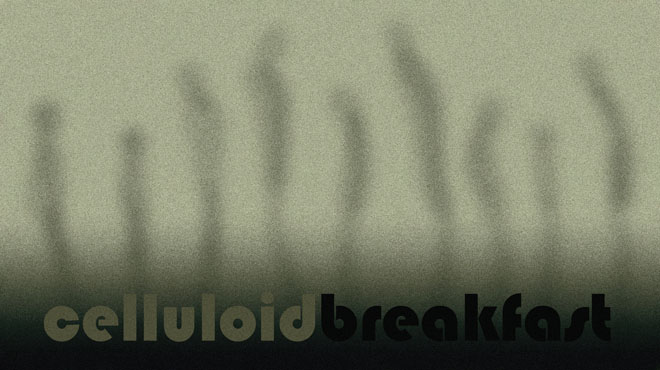Peter von Bagh is better known by some as a film historian, and this project displays as deep a love for cinema as it does for Helsinki. Many of the films shown share superficial elements in common – long shadows, minimal movement – and while technical aspects of the film are never brought up, the film functions as a history of Finnish cinema. The one issue here is in the editing – given von Bagh’s access to previously unfamiliar films, one wonders if we’re seeing the clips that best fulfil the film’s intent or if the visual connections are too enjoyable to pass up. In this sense, Helsinki, Forever falls short of the likes of Sans Soleil in creating a compelling film essay, but it nonetheless manages to hold one’s attention. Wistful at times, joyful at others, Helsinki, Forever manages to brim with vivacity through a reconnection with the past.











